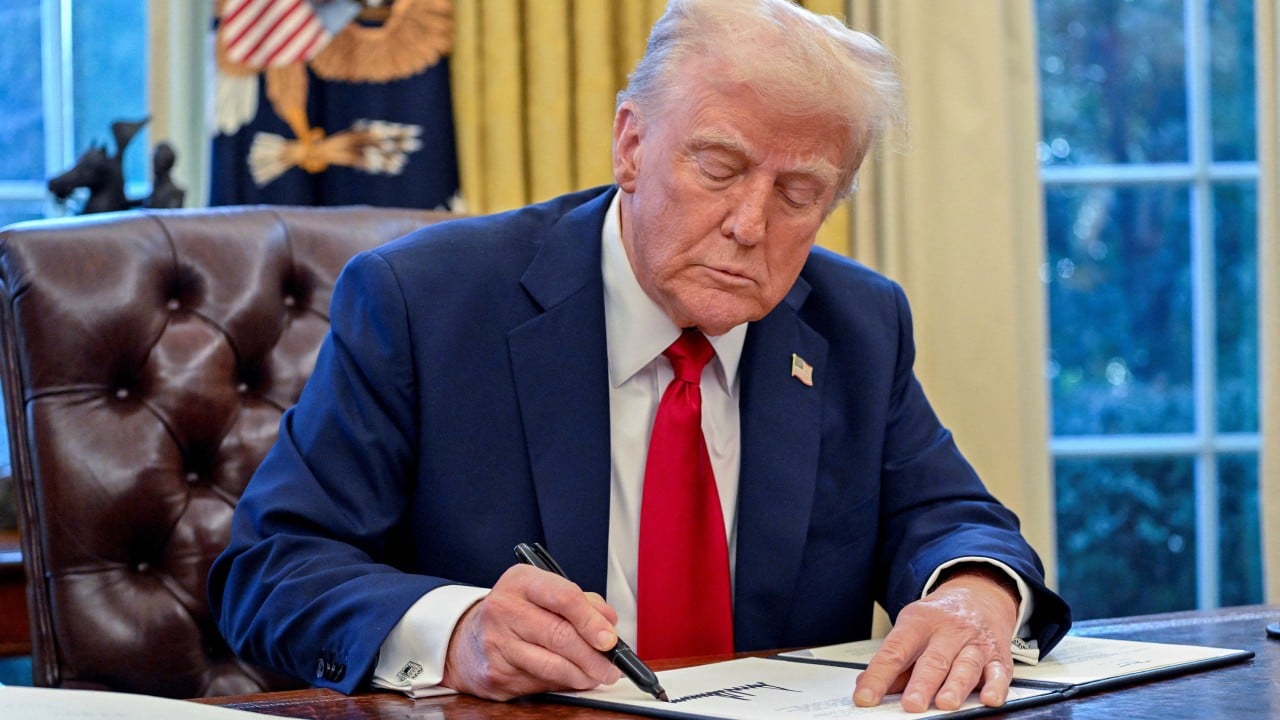US President Donald Trump has unleashed a blizzard of executive orders on the world in recent months, ranging from those as trivial as ending paper straw mandates to those as consequential as creating Elon Musk’s Department of Government Efficiency and restoring the death penalty.
Advertisement
One of the more innocuous-seeming edicts was one from March 1 making English the official language of the United States. This marks the first time the United States has designated an official language at the federal level since the country was founded.
On the face of it, the order seems benign enough. After all, nearly 80 per cent of Americans over the age of five only speak English at home. Of those who speak another language, some 91 per cent also speak English very well.
But as so often happens with Trump, there is more than meets the eye, particularly for Chinese people living in the US. Trump’s actions are a dog whistle for his white, fiercely loyal and often rural base. As one of the largest, more recent migrant groups, the Chinese and broader Asian-American communities are the most language challenged and therefore the most vulnerable.
A 2014 US Census Bureau report indicated that some 32 per cent of Asian-Americans had limited English proficiency, defined as speaking English “less than very well”. That was compared to around 35 per cent for those of Latin American origin and 14 per cent for Pacific Islanders.
Advertisement
The federal government’s English primacy designation is likely to make interpretation and translation services optional. In practical terms, as budgets tighten, that effectively means many will be eliminated, reversing a mandate established by former president Bill Clinton that made translation of federal documents mandatory. Several, mostly Republican states had previously enacted this policy at the state level.


